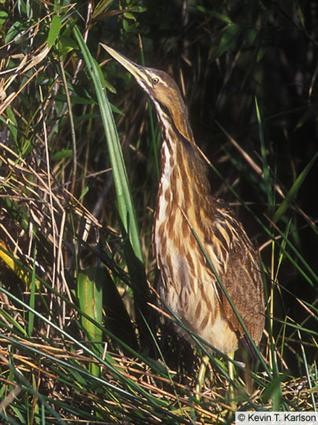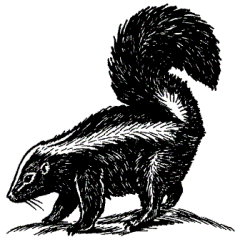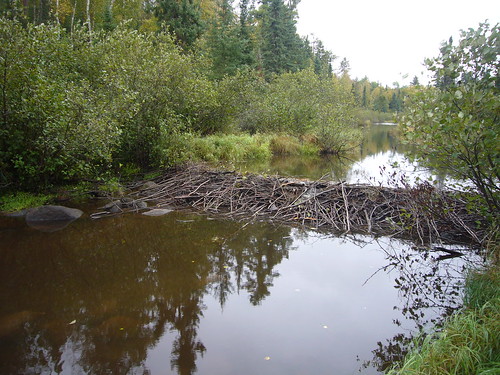by David Heiller
When I was a high school student, my dream was to be a beat writer covering the Minnesota Twins. I covered high school sports in Caledonia to prove that I could be another Dave Mona or Sid Hartman, two of my heroes.
One time when I wrote a baseball column for the “Smoke Signal”, a grocer in town came up to me and shook my hand. “It’s just like something Don Riley from the St. Paul paper would write,” he said with a laugh. Don Riley became my new hero. I’ve never forgotten that compliment.
But after writing sports at the University of Minnesota, I ran into one too many muscle-bound egos, and gave up my dream of beat writer for the Minnesota Twins. I ended up as beat writer for the Askov American.
But last Friday night, the old dream came back for a couple hours when the Twins gave me a press pass to cover the Minnesota-Cleveland game. I usually do this once a year, and come up with a column on how not to interview people like Kent Hrbek or Frank Viola (the ego-factor again).
So this time I wanted to do a story on what it was like to be a beat writer covering the Minnesota Twins. I tried to arrange an interview with Mark Vancil, who covers the team for the Star Tribune, newspaper of the Twin Cities. I left two messages with Mr. Vancil, saying I was a reporter for the Askov American, newspaper of Northern Pine County. He didn’t return either call.
When my brother Glenn (my photographer) and I checked into the press box, I greeted Charlie Crepeau, an old fellow who used to live in Finlayson some 50 years ago. I did a column on Charlie a couple years ago, after Kent Hrbek had snubbed me. Charlie told me that he had cut the column out and put it on his refrigerator. That’s another compliment I’ve never forgotten. To be pinned by a magnet next to first-grade art work is a writer’s greatest honor.
Charlie’s co-worker in the press box, Hardy Smith, looked me over as I picked up the stat sheets for reporters. One of the sheets was a seating chart for the press box. “I don’t think you’ll need that one,” Mr. Smith said. I braced myself, because this is usually the time I get booted out of the press box. (The press passes of Askov American beat reporters usually entitle you to sit in a vacant seat of the stadium, but not the press box.)
“Why don’t you grab a seat over there?” Mr. Smith said, pointing to some empty seats. At first I thought he was pointing outside the press box.
“You mean, over there?” I asked, pointing 20 yards away. No, over there, those empty seats,” he said, pointing to. some seats in the press box. Then he added with a smile: “Next to Sid Hartman.”
Wow. We had just been invited to sit in the press box, and next to my old hero to boot.
We took our seats, then glanced around, trying not to gawk at the 20 other reporters. Behind us to the left were celebrities like Mark Rosen from WCCO TV, next to Tom Bernard, a commentator from KQRS-FM radio. Right behind us sat a row of veterans, guys in their sixties and seventies who looked like they stepped out of a “Shoe” comic strip. On our left was an empty chair with the name “Sid Hartman” bolted onto the table. In front, the first row, sat the beat reporters: Tom Powers, Mike Nadel, Steve Aschburner, and many more familiar names to newspaper readers. Right smack ahead of us was Mark Vancil from the Star-Tribune.
I didn’t introduce myself.
We learned a few things about press box etiquette during the game. In the first inning, for example, when Gary Gaetti hit a three-run homer, my brother and I both leaped out of our
chairs and started cheering. We quickly noticed that no one in the press box had risen from their chairs,or was even cheering. A few glanced our way, rolled their eyes. Most just sat there and typed into their lap-top computers. “Gary Gaetti hit a three-run homer in the first inning for a lead,” Mark Vancil wrote.
“I think we’d better be a little more neutral here,” I whispered to Glenn. He checked himself, which wasn’t hard the way the Twins were playing. When Kirby Puckett hit one out in the third, Glenn only half-rose from his seat, and raised his arms up to his ears, shouting a subdued, “Yay!” The rest of the stadium rose to their feet, but the press box gang sat like so many Buddahs. “Those fans really like Kirby Puckett,” Glenn apologized, and for a second I could see that he wanted to be out there with the other 37,600 fans, screaming and clapping.
Unfortunately, there wasn’t much more to cheer about. Gary Gaetti made two errors in one inning, and Mark Vancil changed his sentence to read: “Gary Gaetti hit a three-run homer in the first inning for a lead, then committed two errors in the third to lose it.”
So we watched the Twins lose, and we watched the reporters in the press box too. Some of the reporters talked on the phones which were set on the tables in front of them. Mark Vancil once had two phones going at the same time, one on each ear, just like in the movies. All he needed was a checkered suit and a fedora with a press card sticking out. “You moron!” he shouted once, slamming the right phone down. Maybe he was trying to return my call.
In the seventh inning, Glenn nudged me and said, “Look who’s here.” I looked to my left. No mistaking, it was my old hero, Sid Hartman.
“Would you look at the nose on that guy?” Glenn said in some awe. It’s true, Sid has a nose like a large bird of prey. And he swooped slowly through the press box like an eagle too, smiling at some, sneering at others, and looking right through us.
It was a good night, even if the Twins lost. Sitting in the press box and watching the reporters was almost as fun as watching the game. Maybe that’s why I’m still a beat reporter for the Askov American.






